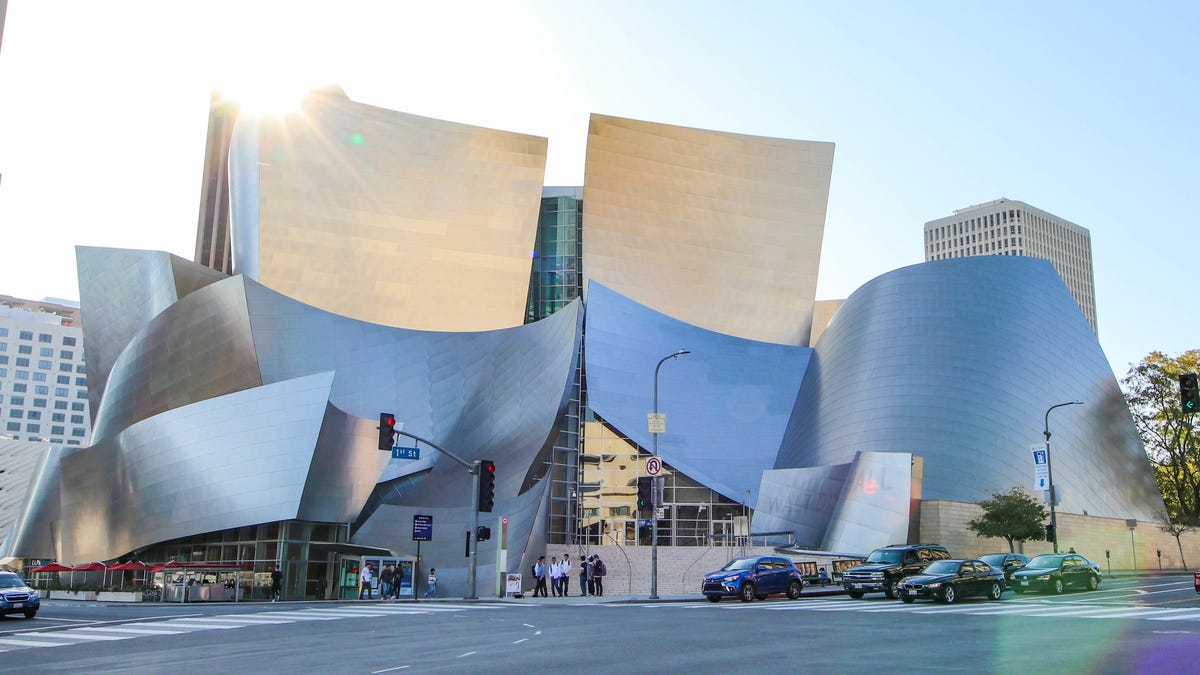Los Angeles is planning on testing out pavement made from plastic
It's partnering with a company called Technisoil on the project.
I live in Los Angeles, and despite not having a freeze-thaw cycle or massive amounts of precipitation, our roads are pretty damned haggard. Partly that's due to seismic activity, but mostly it's just because we have a lot of people driving on them all the time, and not enough money to keep them all in tip-top shape.
With that last part being of particular concern to the city of LA, it's no wonder that it's looking for ways to reduce the maintenance needs of its roads, and according to a report published recently by The Architects' Newspaper, one way that it's considering doing that is by using something called "plastic asphalt."
Plastic asphalt is a relatively recent development that uses recycled plastics to both improve the performance characteristics of regular old blacktop and reduce the cost of making it. One of the companies developing this technology in the US is called Technisoil, and they're already using a version of it to help cities patch potholes and road cracks.
Technisoil and Los Angeles are getting ready to embark on a test project that will see one busy downtown block -- specifically the block in front of the Frank Gehry-designed Walt Disney Concert Hall -- repaved with plastic asphalt and left to the depredations of rush hour traffic to see how well it fares.
Technisoil's founder Sean Weaver explained in an interview with Construction Climate Challenge that plastic asphalt is so durable because of its improved flexibility characteristics. That means that when -- say -- a big truck drives over it and compresses the pavement, it will spring back to normal, where regular asphalt would only bounce back part of the way. That partial bounce-back leads to cracks and potholes.
Neither the City of Los Angeles nor Technisoil immediately returned Roadshow's request for comment.


